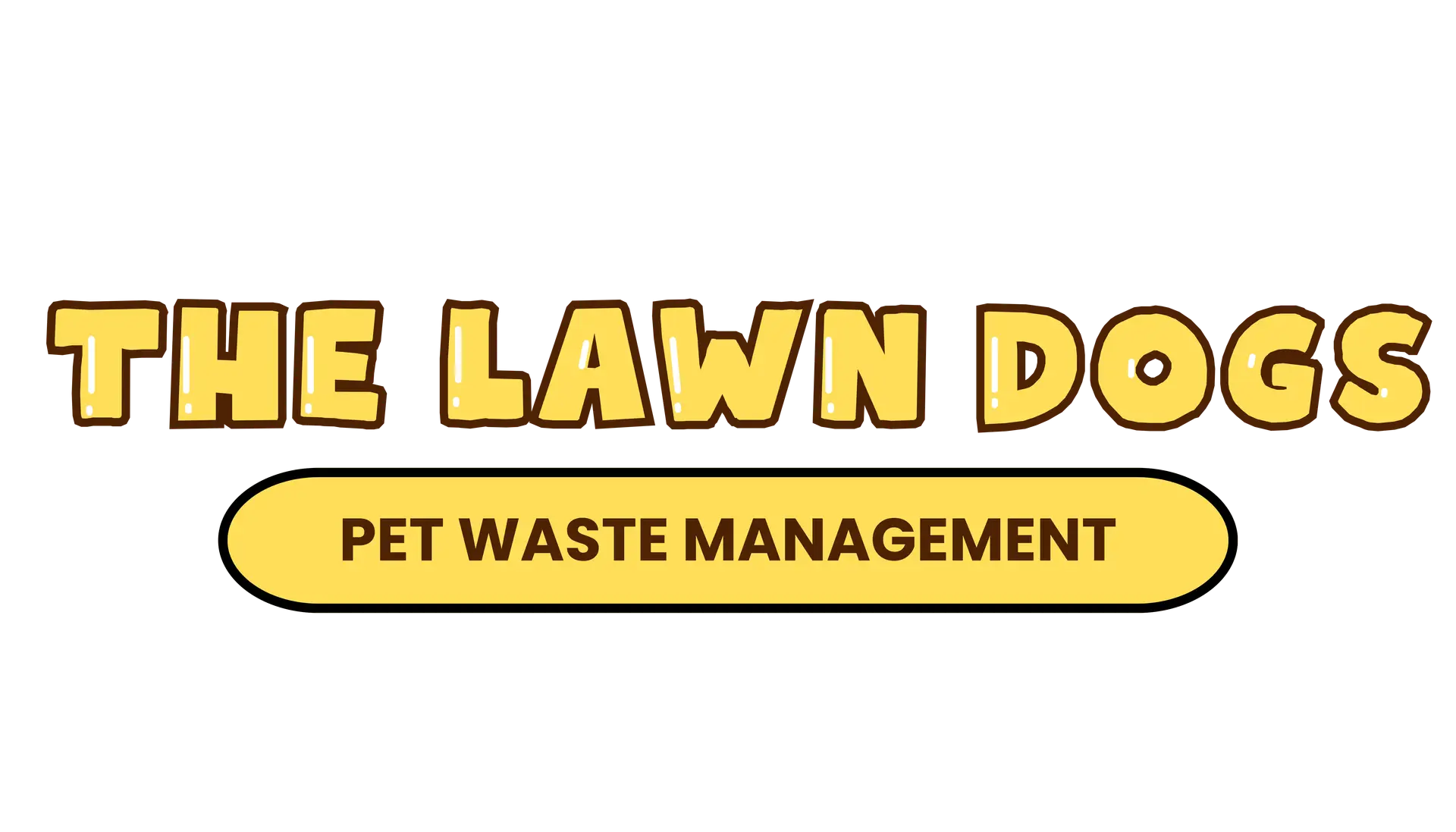Is dog poop dangerous for my family?
Yes, unmitigated dog poop poses significant, quantifiable health risks to your family, especially children, because of its high concentration of parasites and bacteria.For responsible Treasure Valley pet parents, understanding the hidden dangers of pet waste is the first step toward becoming the Hero of your own home. Pet waste isn’t mere dirt; therefore, it’s classified as a Class-A biohazard. When it sits on your lawn, it immediately becomes a vector for illness. Parasites like Roundworms and Hookworms are easily transferred from contaminated soil to human hands, shoes, and even inside the house. Ultimately, the risk is magnified for young children who naturally play close to the ground. Our professional mitigation service is not about convenience; it is a critical, weekly health maintenance routine. We design this process to eliminate the threat of these lingering biohazards from your family sanctuary.What health risks does dog poop pose?
The primary health risks from dog poop include zoonotic diseases transmitted by parasites and bacteria, such as E. coli, Hookworms, Roundworms, and Giardia.While your dog may appear perfectly healthy, their waste can contain dormant eggs and aggressive bacteria. These pathogens are easily spread. Significantly, the danger lies in what scientists call the “fecal-oral route”: a child or a pet touches contaminated soil, and the pathogens are eventually ingested.Key Biohazards Lurking in the Grass:
- Roundworms: These parasite eggs can survive in the soil for years. Consequently, if ingested by humans, they can migrate through organs, potentially causing serious damage.
- E. coli and Salmonella: These aggressive bacteria cause severe gastrointestinal distress, especially in those with compromised immune systems.
- Hookworms: Furthermore, these parasites can be transferred through direct skin contact, most often through bare feet, leading to a condition called Cutaneous Larva Migrans.
